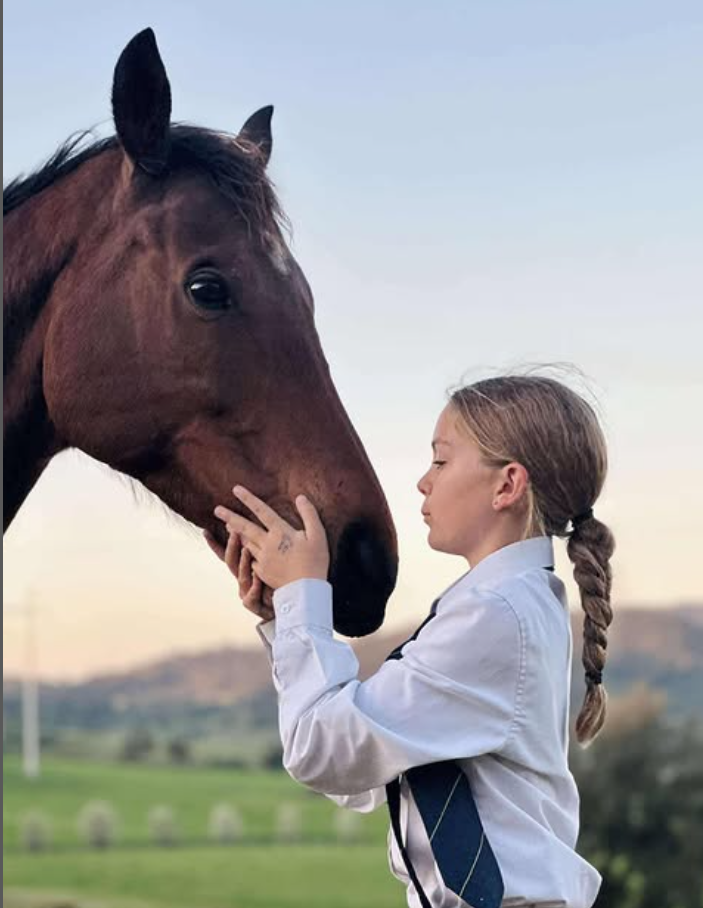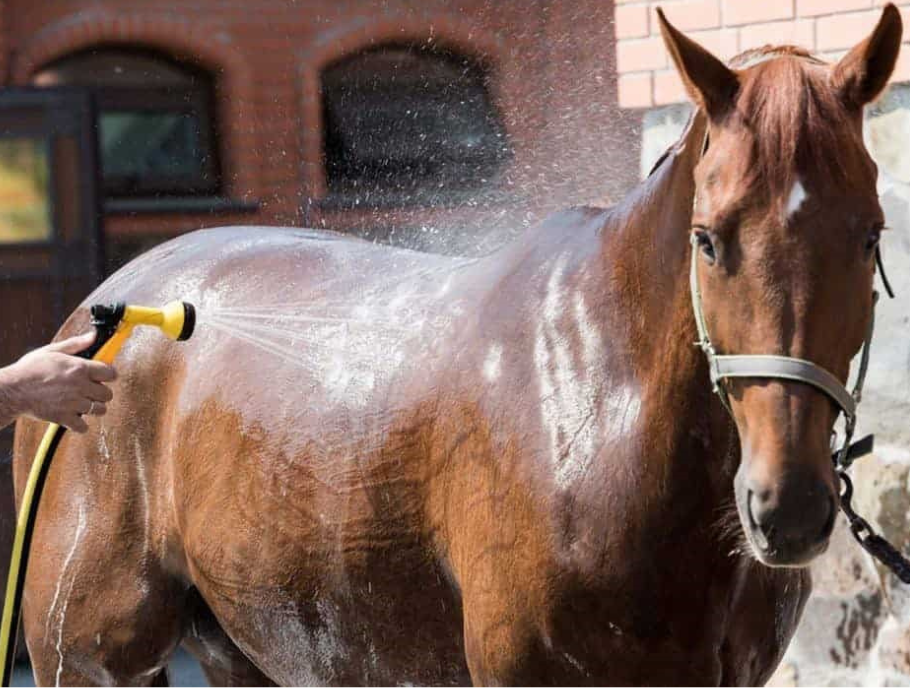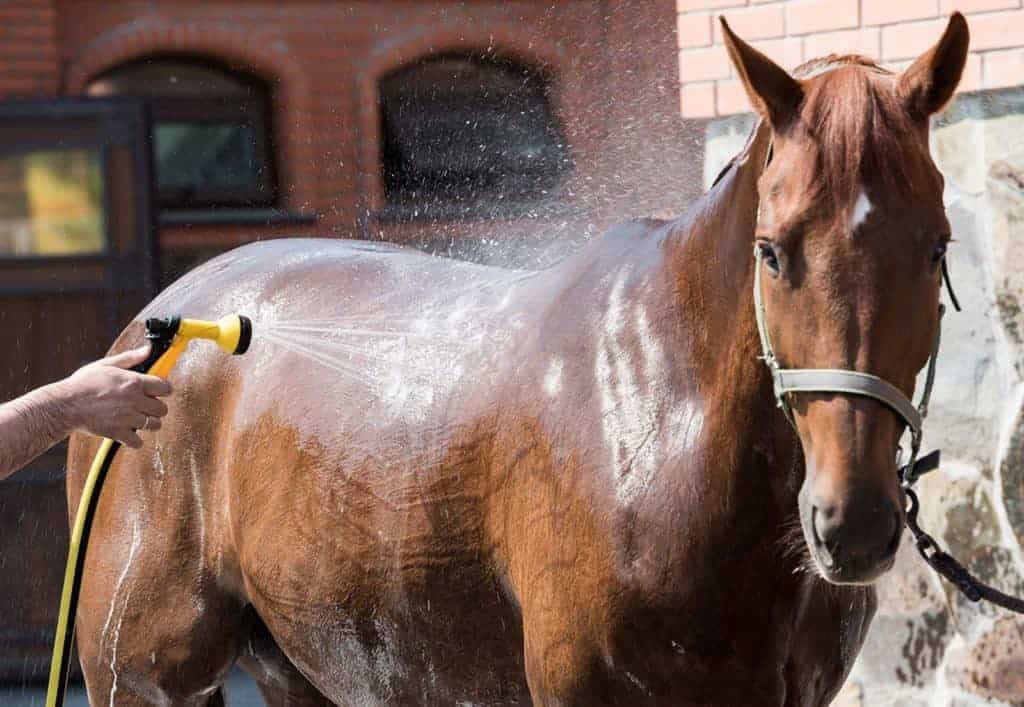Team Thoroughbred NSW’s retraining facilities ensure that industry participants have an avenue to rehome their horses if their rehoming efforts have not been successful when they decide to retire their horses or not commence racing them.
One such horse purchased recently purchased from Team Thoroughbred was retired Thoroughbred All Up Tee Kay (Billy).
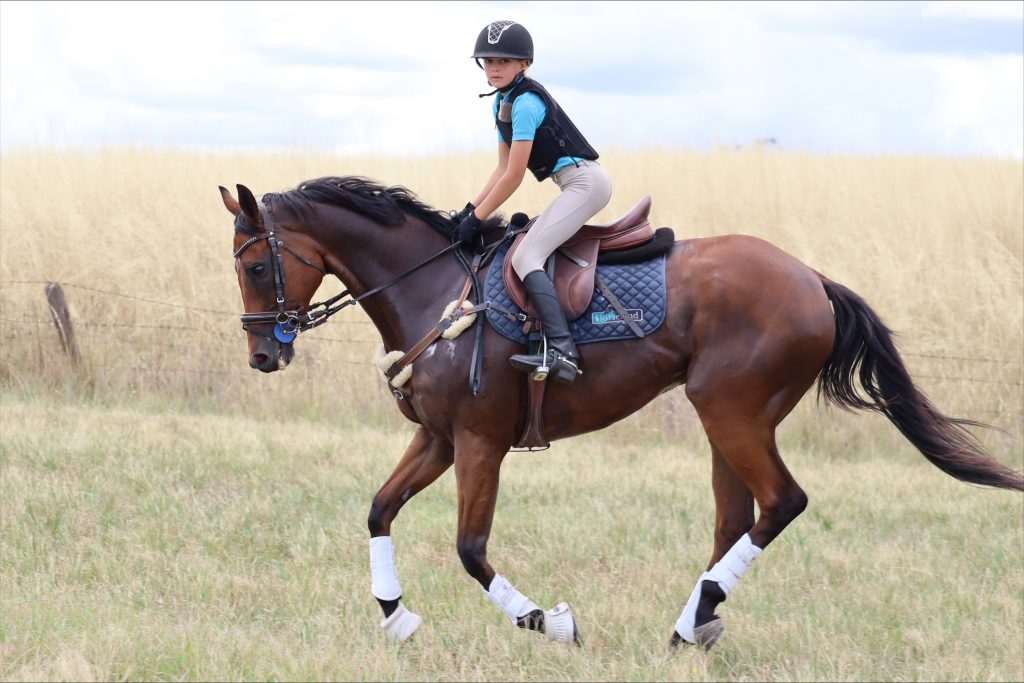
Lisa Radford purchased ‘Billy’ from Team Thoroughbred NSW but within a week she had ‘lost’ the promising equestrian horse to her daughter!
“The intention was that I’d prepare him for my 12-year-old daughter Taylah, who would take over the reins in a year or two,” said Taylah’s mum.
“A week after he arrived, she asked for a ride on him and hasn’t got off him since – I lost my horse after just a week!”
Taylah’s mum has embraced this budding friendship and is impressed with the pair’s progress.
Despite being new to each other, they have been learning side-by-side showcasing Billy’s patience and adaptability.
“He has been doing amazing things and is such a wonderful and patient horse in his education,” Taylah’s mum said. “Taylah and Billy are learning together in many ways.”
Billy is transitioning into a new career off the track and is showing promise across multiple disciplines.
This marks the start of a budding equestrian career for the pair.
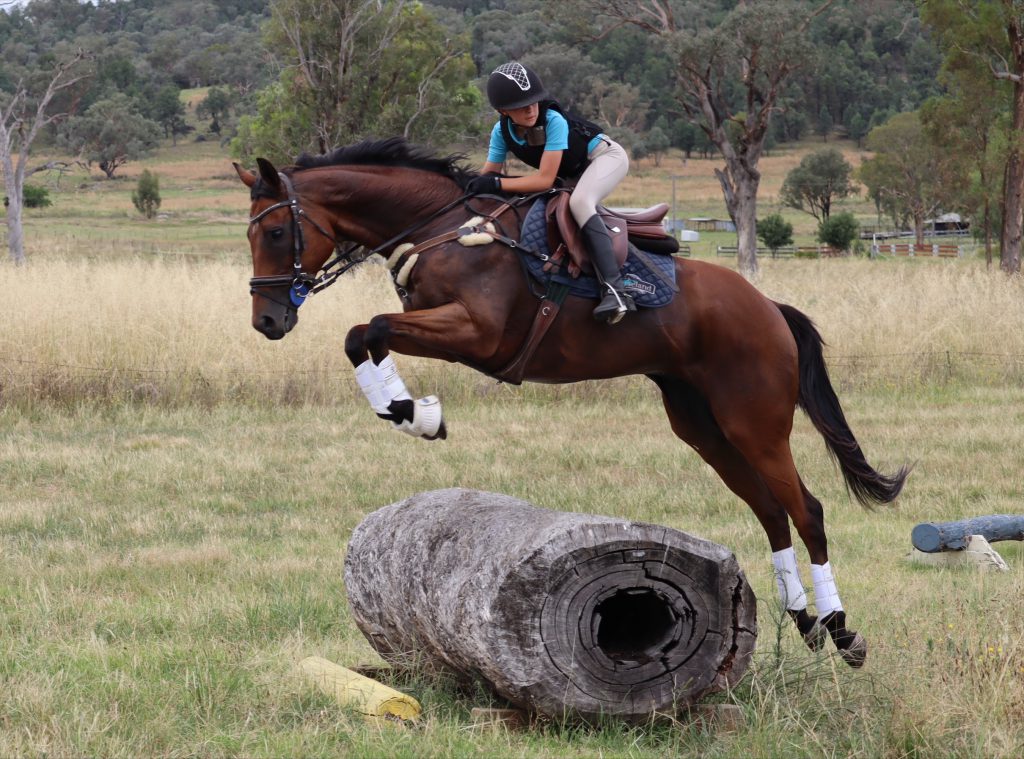
“He’s been to dressage and show-jumping lessons and is looking to head out XC schooling over the break in preparation for his first eventing start in March,” said Taylah’s mum.
Billy has also proven to be an exceptional all-rounder, earning praise from Taylah’s family for his adaptability.
“He is a terrific horse to take out trail riding and truly one we can all jump on for a ride.”

